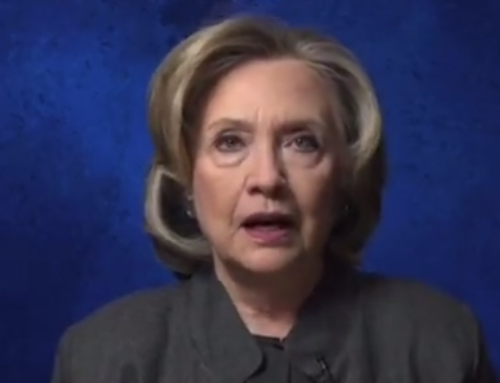New York Times News Service
Published: October 28, 1993
-Baltimore Sun
NEW YORK — Law-enforcement officials were told that terrorists were building a bomb that was eventually used to blow up the World Trade Center, and planned to thwart them by secretly substituting harmless powder for the explosives, an informer said after the blast.
The informer was to have helped the plotters build the bomb and supply the fake powder, but the plan was called off by an FBI supervisor who had other ideas about how the informer, Emad A. Salem, should be used, the informer said.
The account, which is given in the transcript of hundreds of hours of tape recordings Mr. Salem secretly made of his talks with law-enforcement agents, portrays the authorities as in a far better position than previously known to foil the Feb. 26 bombing of New York City’s tallest towers.
The explosion left six people dead, more than 1,000 injured and damages in excess of half a billion dollars.
Mr. Salem, a 43-year-old former Egyptian army officer, was used by the government to penetrate a circle of Muslim extremists now charged in two bombing cases: the World Trade center attack and a foiled plot to destroy the United Nations, the Hudson River tunnels and other New York City landmarks.
He is the crucial witness in the second bombing case, but his work for the government was erratic, and for months before the trade center blast, he was feuding with the FBI.
After the bombing, he resumed his undercover work. In an undated transcript of a conversation from that period, Mr. Salem recounts a talk he had had earlier with an agent about an unnamed FBI supervisor who, he said, “came and messed it up.”
“He requested to meet me in the hotel,” Mr. Salem says of the supervisor. “He requested to make me to testify and if he didn’t push for that, we’ll be going building the bomb with a phony powder and grabbing the people who was involved in it. . . . We didn’t do that.”
The transcript quotes Mr. Salem as saying that he wanted to complain to FBI headquarters in Washington about the bureau’s failure to stop the bombing, but was dissuaded by an agent identified as John Anticev.
“He said, I don’t think that the New York people would like the things out of the New York office to go to Washington, D.C.,” Mr. Salem said Mr. Anticev told him.
Mary Jo White, who, as the U.S. attorney for the Southern District of New York is prosecuting defendants in two related bombing cases, declined yesterday to comment on Mr. Salem’s allegations or any other aspect of the cases.
An investigator close to the case who refused to be identified further said, “We wish he would have saved the world,” but called Mr. Salem’s claims “figments of his imagination.”
The transcripts, which are stamped “draft” and compiled from 70 tapes recorded secretly during the last two years by Mr. Salem, were turned over to defense lawyers in the second bombing case.




